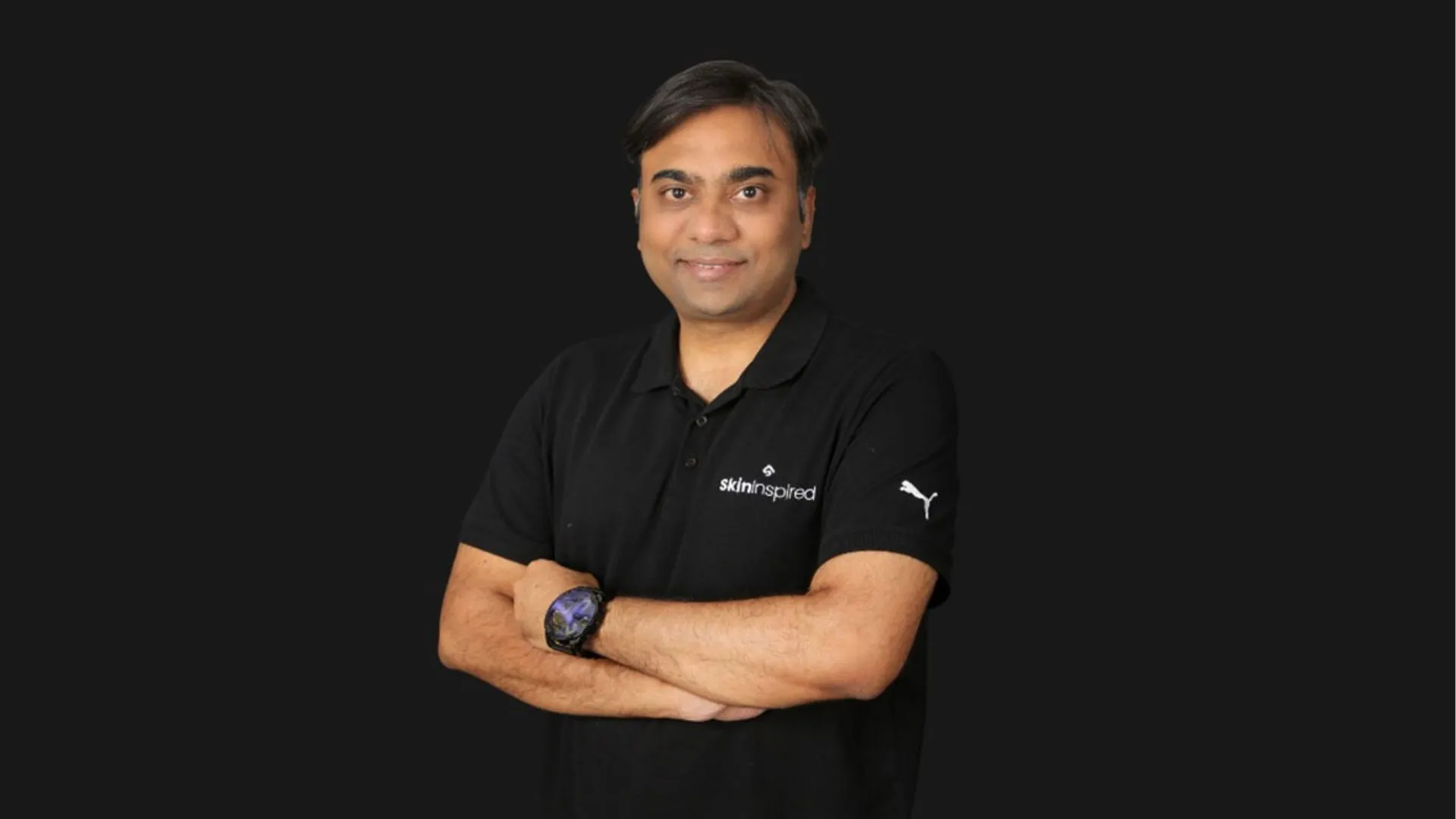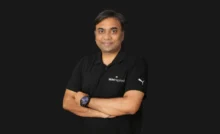Achieving Universal Health Coverage (UHC) for all by 2030, which is fundamental to achieving other Sustainable Development Goals (SDGs), is what India is aiming for in the next eight years. Universal Health Coverage signifies quality services when it comes to prevention, promotion, treatment, rehabilitation, and palliative care at affordable prices. However, it is still a far-fetched dream because the affordability of healthcare services, which are available in India, is still a challenge for poor and middle-class families. The lack of quality healthcare services and capacity in the government set-ups have forced these sections of society to resort to private hospitals.
Technology will play a crucial role in bridging the healthcare gap and with the advent of Web 3.0, there is some hope that the above-mentioned challenges can be met. The country can fulfil its goal of attaining Universal Healthcare Coverage by the end of this decade with the help of a Web 3.0 revolution.
WHAT IS WEB 3.0?
Web 3.0 is the third generation of internet services for websites that will focus on using a machine-based understanding of data to provide a data-driven Semantic Web. The goal of Web 3.0 is to create more intelligent, connected, and open websites. Web 3.0 could be disruptive, and the internet space could witness a paradigm shift as big as Web 2.0. Built upon the core concepts of openness, decentralisation and greater user utility, the Semantic Web simply represents the next phase of the evolution of web or internet.
Web 3.0 transforms the web into a large database, making content accessible through a range of devices while leveraging new technologies like Artificial Intelligence (AI) and Machine Learning (ML).
HOW WEB 3.0 COULD HELP INDIA IN ATTAINING UNIVERSAL HEALTH COVERAGE
The Semantic Web is poised to provide solutions for big problems looming in the Indian healthcare sector. Web 3.0 has the potential to revolutionise the healthcare industry in India as it will lead to efficient and smooth recovery of a patient’s health-related information from the medical records and medical transaction history by using web 3.0 tools.
It could provide a range of clinical and non-clinical supporting services to patients as well as healthcare professionals. Research suggests that semantic web technologies have shown early promises in the automatic diagnosis of diseases and clinical processes. Apart from that, these web technologies provide more flexible and extensible data storage. This helps in leveraging the distributed large data sets available in the electronic health care systems.
Web 3.0 would also drive future growth of the healthcare and insurance intersection. The power of the Semantic Web is already being used by Insurtech companies with the help of new-age technologies like Artificial Intelligence and Machine Learning to build next generation shared and automated employee health benefit system. Digitalisation and technology disruption in the health insurance space along with the implementation of Web 3.0 will result in fast and easy claims settlement while avoiding fraudulent insurance claims.
India is committed to achieving Universal Health Coverage for all in the next eight years. In this regard, the Government launched Ayushman Bharat Pradhan Mantri Jan Arogya Yojana (PMJAY) in 2018, to provide insurance cover to the poorest 40 per cent of the population. It was launched to create a seamless online platform that will enable interoperability within the digital health ecosystem. According to reports, the mission will now connect the digital health solutions of hospitals across the country with each other.
Web 3.0 also coincides with the Electronic Health Records (EHR) concept being implemented in India and it will give a fillip to the Electronic Health Records system as it gains momentum in the coming years. The Indian healthcare ecosystem could become more efficient, sustainable, and reliable with the help of Web 3.0 technologies, and this will further boost India’s prospects of attaining Universal Health Coverage by 2030.
The writer is Chairman, Noida International Institute of Medical Sciences.










